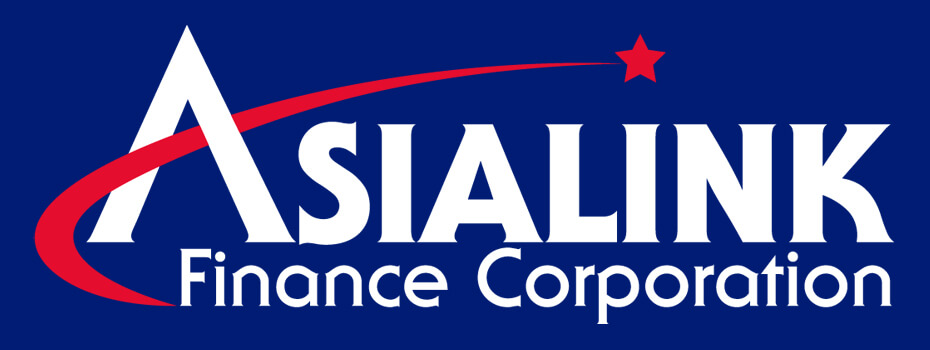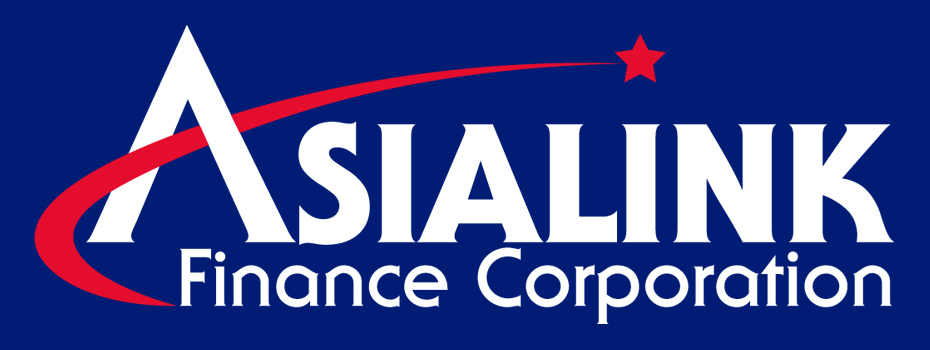Online loans can be a lifesaver, especially when you’re in immediate need of financial assistance. From hefty car repair costs to unexpected medical expenses, loans can quickly provide funds to cover your payables. They can also offer the swift financial support required in such critical situations.
While these loans bridge financial gaps during extreme needs, they can also be a tricky ordeal to handle. The convenience comes with the responsibility of timely repayment. You can expect consequences that may impact your financial health if you miss payments or default on the loan.
To help you navigate debts effectively, you must know what can happen if online loans are not paid in the Philippines and how to prevent it from happening.
Definition of Loan Delinquency in the Philippines
The meaning of loan delinquency is clear. Republic Act No. 10870 states that a loan default in the Philippines occurs when a borrower does not pay or misses on minimum repayment requirements for at least three consecutive billing cycles. This failure to keep up with payments breaches the loan agreement and can trigger various penalties and legal actions from the lender.
Consequences of Unpaid Loans in the Philippines
Defaulting on loans in the Philippines can lead to serious consequences. However, Article III, Section 20 of the 1987 Consitution states, “No person shall be imprisoned for debt or non-payment of a poll tax.” This constitutional safeguard means you cannot be jailed for failing to repay a loan.
But even with this provision, you may face other legal action from lenders. Here’s what can happen if loans (whether online or traditional) are not paid in the Philippines.
- Penalty fees: Lenders typically discourage borrowers from missing payment deadlines by imposing late fees. These fees add to the overall debt, making it harder to repay.
- Interest: Aside from penalty fees, you may also accrue interest charges on the unpaid amount, ultimately increasing your total debt. Again, catching up with payments over time may become more difficult.
- Lower credit score: Lenders may report your non-payment to credit bureaus in the Philippines, which can significantly damage your credit rating.
- Collection actions: Besides reporting your non-payment, lenders may initiate collection efforts, like persistent calls, emails, and letters demanding payment—which can be stressful.
- Legal actions: While non-payment won’t land you in jail, lenders can still pursue legal action. Lenders may file a civil lawsuit for unsecured loans to recover the amount owed. On the other hand, secured loans may entail lenders initiating foreclosure or repossession of property to reclaim the principal.

Exceptions to Article III, Section 20 (When You Can Be Imprisoned for Non-Payment of Loans in the Philippines)
While Article III, Section 20 of the 1987 Constitution protects borrowers from jail time for unpaid loans in the Philippines, specific debt-related issues can still lead to imprisonment. These exceptions usually involve additional illegal activities other than failing to repay a loan.
- Your debt involves the issuance of a bouncing check
Batas Pambansa Bilang 22 (BP22) states issuing a check that bounces due to insufficient funds may lead to hefty fines or even imprisonment.
- Your debt involves tax evasion
The National Internal Revenue Code (NIRC), Sections 253 to 275, spell out the rules and punishments regarding tax evasion. Under the code, you could face fines and time behind bars for evading taxes. The length of imprisonment depends on the severity of the offense, but it may last up to 10 years or more.
Additionally, the Tax Reform Act of 1997 (Republic Act No. 8424) reinforces these penalties, ensuring tax evaders face the consequences.
- Your debt involves an access device violation
According to the Access Devices Regulation Act, you can be prosecuted if you fail to pay the goods and loans you obtained from using credit cards and other similar technologies. In other words, misusing such accounts in fraudulent transactions may lead to imprisonment.
- Your debt was fraudulent or deceitful
When you obtain a loan through fraudulent means and pretenses, you may face estafa charges. Borrowing money without the intention of repaying or providing false information to secure the loan constitutes estafa. Both of these actions may result in jail time for the offender.
- Your debt involves non-payment of alimony or child support
Suppose your debt entails a failure to pay financial obligations to your spouse, current or former, or children. In that case, you may face charges of economic abuse under the Republic Act No. 9262 or the Anti-Violence Against Women and Their Children Act of 2004. For example, withholding financial support to your spouse or children can lead to criminal charges.
Along with fines and penalties, you can be imprisoned for up to six years. If you’re a parent, the Revised Penal Code (Article 194, Family Code) mandates you to provide support for your children. Failure to comply may result in imprisonment.

What to Do If You Have Unpaid Loans
If you struggle with unpaid loans, you must proactively manage your debt and avoid further financial difficulties. Here are some practical actions you can take.
- Consider debt consolidation
Combining multiple loans into a single one with a lower interest rate can simplify repayment and potentially reduce your overall debt burden. This approach can make it easier to keep track of your debts and lower your monthly payments.
- Get in touch with your lender
Reach out to your lender and explain your financial situation. Together, you can discuss potential solutions and negotiate new repayment terms. Typically, lenders are willing to adjust payment plans if you’re facing financial challenges by offering options such as reduced payments or extended deadlines.
- Get professional advice
Consult a financial advisor or credit counselor for expert guidance. Besides helping you create a budget, they can also develop a debt management plan and negotiate with lenders on your behalf. Professional advice lets you access personalized strategies to manage your debt more effectively.
Manage Unpaid Loans Responsibly
Online loans can provide immediate access to funding for unexpected expenses. However, proactive strategies and responsible financial management are necessary to effectively manage debts and unpaid loans in the Philippines.
Since defaulting has severe consequences, it’s best to look for creditors that provide borrower-friendly loans, like Asialink Finance Corporation. We are a finance company with fast and convenient loan solutions to help you address your financial needs with flexibility. Check out our blog to learn more.






